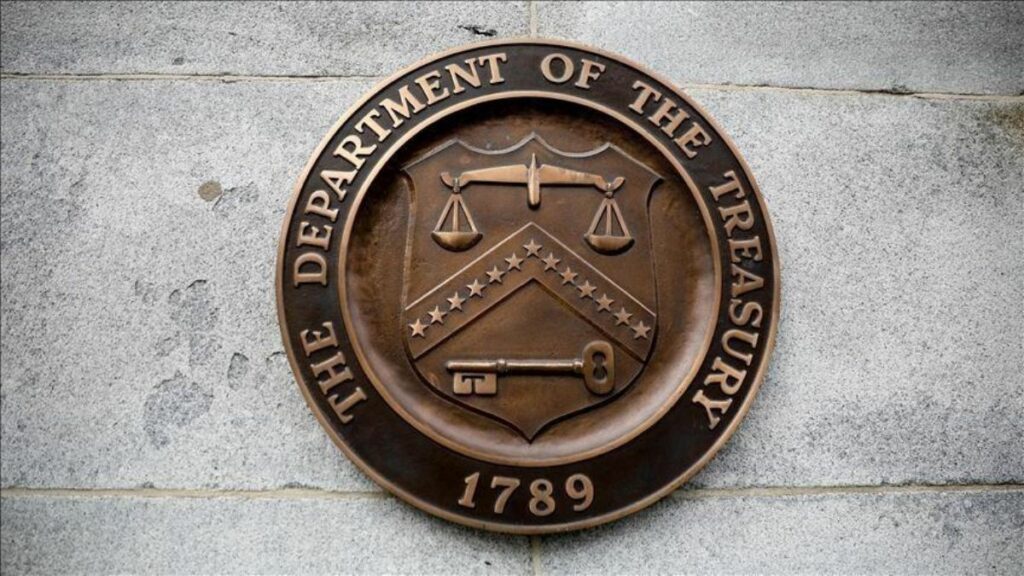The U.S. Department of the Treasury’s Financial Crimes Enforcement Network (FinCEN) has proposed a new rule aimed at regulating cryptocurrency mixers like Tornado Cash and Tumblers, pointing out the need for increased transparency in this area to deter illicit activities.
While this move has raised concerns about the potential impact on cryptocurrency users and the larger financial sector, it’s essential to recognize that not all transactions involving in crypto or Bitcoin mixers are involved in illegal activities.
The Proposal and Its Objectives on Cryptocurrency Mixers
The proposed rule, known as a Notice of Proposed Rule Making (NPRM), designates international Convertible Virtual Currency Mixing (CVC mixing) as a primary money laundering concern.
It highlights the risk posed by CVC mixing services, which allow users to conceal the source and ownership of digital assets, and their use by illicit actors worldwide. The rule aims to combat malicious actors, including Hamas, Palestinian Islamic Jihad, and the Democratic People’s Republic of Korea (DPRK), otherwise known as the Lazarus Group.

Notably, the proposed regulation comes after recent actions by the Treasury Department, including sanctions on a Gaza-based crypto exchange, Buy Cash, and restrictions on the famous cryptocurrency mixers, Tornado Cash and Blender.io.
If this rule is implemented, it will require financial institutions to report transactions they suspect involve CVC mixing within or involving jurisdictions outside the United States. This places a greater burden on these institutions to monitor and report cryptocurrency transactions, which could have wide-ranging implications for the cryptocurrency industry.
Not All Mixer Users Are Criminals
Crypto mixers represent an innovative technology that enhances the privacy, security, and financial freedom of users. Restricting their use can stifle innovation within the cryptocurrency industry and limit users’ financial independence. It’s crucial to recognize that while crypto mixers can be misused for illegal purposes, they also serve legitimate needs.
Many cryptocurrency users turn to cryptocurrency mixers to safeguard their financial privacy, protect themselves from discrimination, and avoid unwanted surveillance. Additionally, in regions with unstable political or economic conditions, mixers can provide a layer of security for users.
Moreover, attempting to ban or restrict crypto mixers may prove ineffective, as they are decentralized applications. Users can easily switch to alternative mixers, thus rendering enforcement challenging and potentially counterproductive.










